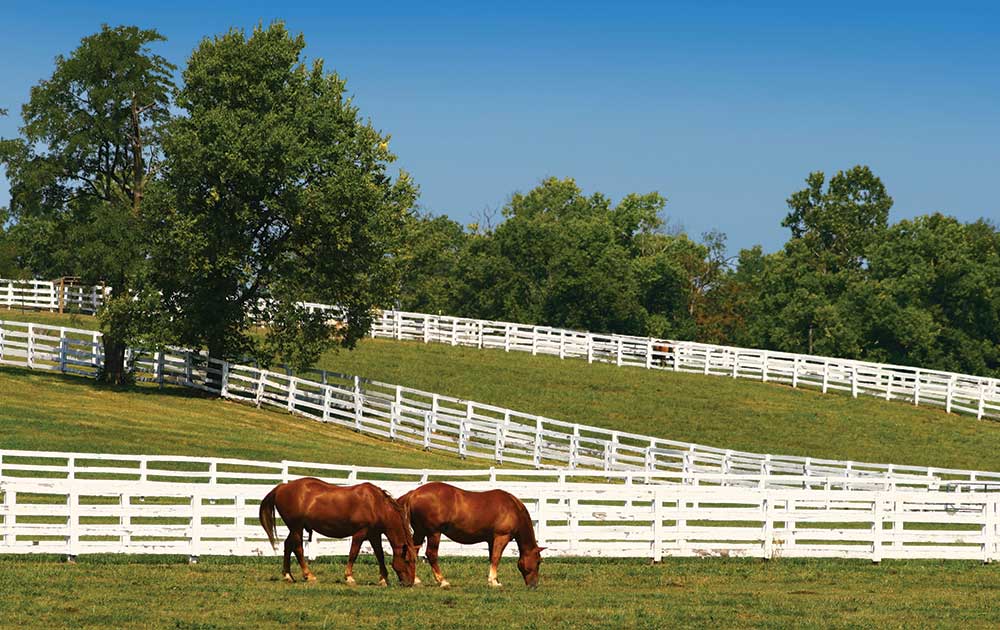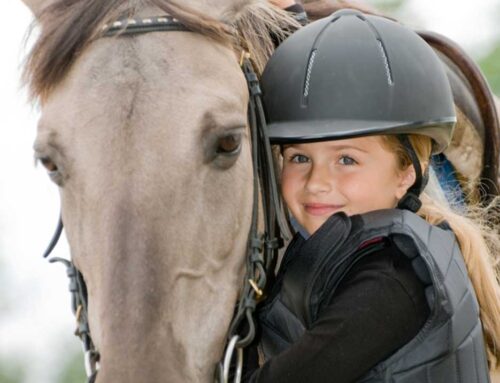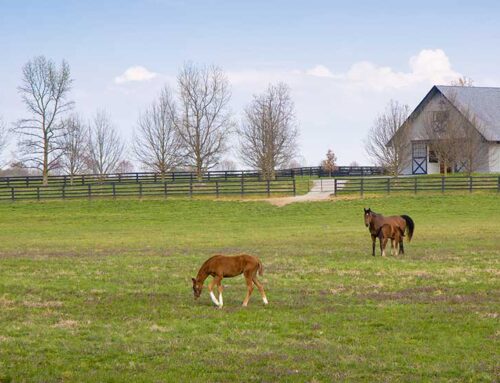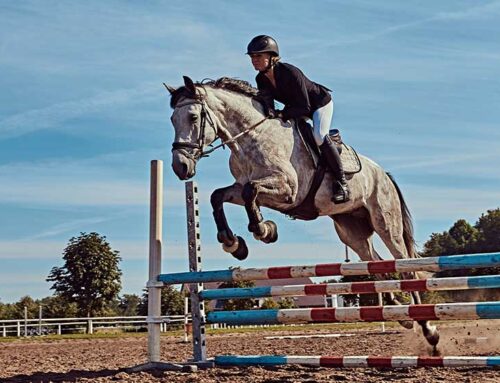Do you need private horse owner’s equine liability insurance?
Are you protected if your horse causes bodily injury or property damage? Are you assuming that your homeowners policy will cover your equine liability? Or if you board your horse that the boarding stable’s insurance policy will cover you? Read on…
Good horse sense rule #1 – Do not assume anything. Horse ownership comes with the potential risk of a lawsuit being brought against you, the owner, should your horse get loose, cause an accident or injury. Financially, this could be devastating. Even a minor incident could cause serious consequences. And do not assume that an injured person will not sue you because that person is your friend.
The first thing we recommend is to read your homeowners insurance policy thoroughly with attention to the liability section. Is there an exclusion with respect to equine liability (or large domesticated animals)? Will the policy cover your liability as long as the horse is on your property and exclude all equine activity if the horse leaves the property? If you go to a horse show or just go trail riding, are you covered? If you have any concerns, contact your agent for clarification and verification. If you don’t ask and the policy is not clear you won’t know until you file a claim and that may be too late.
Boarding your horse at a commercial stable does not relieve you of all liability. The likely scenario is that both the stable and the horse owner will be sued because of an incident involving your horse. And incidentally, if your horse has a propensity toward any dangerous behavior (biting, kicking, etc.) make sure that you tell the stable owner and/or manager so that they can take action to minimize risk to others. The horse may be stabled away from likely contact with the public; a warning sign may be posted on the stall and so on.
Do you allow the boarding stable’s riding instructor to use your horse in their lesson program (with agreed upon restrictions)? This is not uncommon and presents an added risk to the horse owner. When your horse is used commercially, you lose private horse insurance protection. Make sure you and your horse are added to the instructor’s liability insurance policy as additional insureds. And determine if the policy limits are adequate. You will also want to confirm that the instructor is using approved release of liability forms and that you are added to the release when appropriate. Consult your attorney if you have any concerns about the release/waiver document.
Understand that equine limited liability laws effective in over 40 states do not cover negligence and will not stop someone from suing you. Most laws specify that persons engaged in equine activities cannot bring suit if an injury is the result of the inherent risk of being on or around horses.
Whatever the case, when you have the right protection the insurance carrier will bear the cost of defense whether you are liable or not and pay the award, if any, up to the policy liability limits. The right insurance will follow your horse, on or off the property as long as it remains in the defined territory limits. Read your policy and understand all of the provisions. A Personal Horse Owner Liability policy is definitely one worth your consideration. Contact a Blue Bridle agent at 908-735-6362 for more information or a free quote on equine liability.






